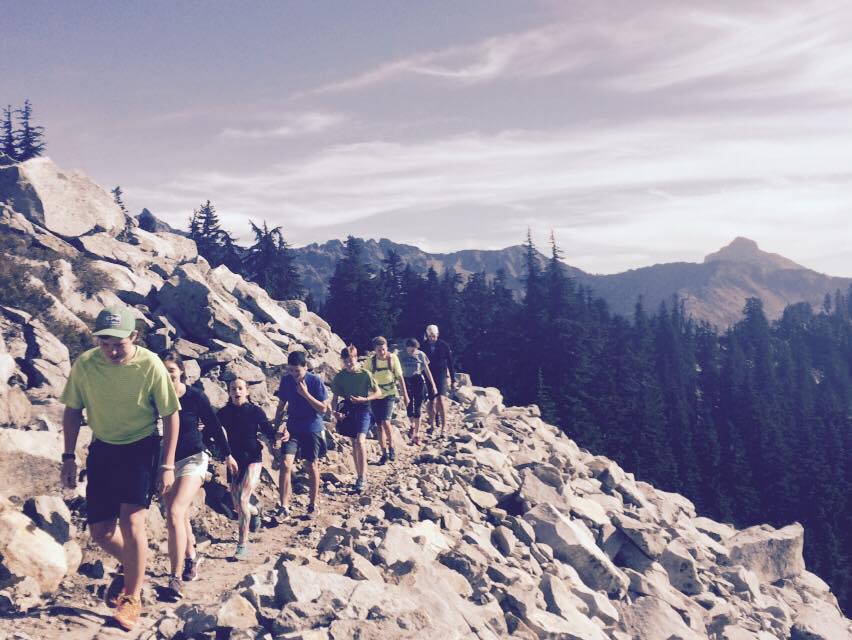Zach why leave the sun of San Diego and the U.S.O.C. behind for the U.S. Ski Team?
Every decision has its reasons. The work side of things was the main reason. I knew Andy Walsh, Per Lundstrom and Sue Robson (USST Sport Science Staff), and knew they were very innovative in how they approached sport – how sport science was integrated within the teams. With the USOC it was more consulting with various NGB’s (national governing bodies). I feel there is less of a barrier between sport science and coaching, and sport science and athletes, when employed by, and specifically working for, one Olympic sport. I felt this would be a great opportunity to work more hands on with coaches and their athletes. USST Sport Science is really innovative in trying to look for the new, state of the art way to train its athletes.
.</font></center><BR></p>
<p><b>You’ve been with the Ski Team now for just over two years. Has intrigue matched your actual experience?</b></p>
<p>Yes. For sure. I had no expectations coming in. And to be honest with you, I was ready for a good change and getting to focus on doing my job with one particular team and specialize more. Before I worked with many different sports — track & field to table tennis — and was just doing this, that and everything, here and there. The idea of learning a new sport that I’ve never been associated with before like cross-country skiing and jumping, and working together with the athletes to help them find what they need to be successful is why I am now an employee of the U.S. Ski Team. </p>
<p><b>Talking about the Olympic sports, how many other NGB’s directly employ sport science?</b></p>
<p>That I know of? One. The U.S. Ski Team. Track & field has just started a program down in Chula Vista, Calif. where they have a sport science technical advisor. USA Swimming consults with a physiologist, but I don’t believe they are employed full-time by the NGB. Rowing does the same. Many of the team’s seek out consulting work, but so far as full-on employees for an Olympic NGB, the Ski Team is an exception to the rule.</p>
<p><b>What is it like to work with coaches and athletes in a sport like jumping or cross-country skiing outside your personal athletic experience?</b></p>
<p>Is this a benefit? This really depends on the coach and the athletes. What I can bring to the table is fresh ideas. For instance, from a physiological standpoint, skiing shares similarities with different sports. To associate strength training for skiing with other endurance athletes is a matter of taking what we know works for them and running with it. </p>
<p>Cross-country skiing shares similarities with long distance running, canoe/kayak, especially sprint kayak, rowing, and even team some team sports like soccer. There are many different ways people train, or have trained, and been successful. I’ve seen lots of successes in these three or four sports. I’ve been taking bits and pieces that worked from these sports and brought this to the U.S. Ski Team. Cross-country is certainly unique in that it relies so much on the total body movement and the upper and lower body being in synch with each other. </p>
<p><BR><center><img decoding=) www.skileavenworth.com )
www.skileavenworth.com )Headgear Sponsor: USA Pears ( www.usapears.com )
Best Western Icicle Inn ( www.icicleinn.com )
BioSports NorthWest Physical Therapy ( www.biosports.net )



